Bluegrass music has never directly aligned with the general behavior of the mainstream country music scene. Never has it adapted for the sake of popularity and profit, and never has it bent or broken its ideals for the sake of public affection and respect. It is what it is, and the same goes for the musicians who play it, as they are who they are. One individual who was steadfast in his convictions was iconic bluegrass picker Earl Scruggs, and his actions confirmed that on this day, November 15, 1969.
Videos by American Songwriter
On October 15 and November 15, the United States experienced some of its largest nationwide protests. Those protests are referred to as the Moratorium to End the War in Vietnam. Featuring rallies, marches, and vigils, the Moratorium to End the War in Vietnam attracted 2 million protesters on October 15 and more on November 15. It shook the country, and then-President Richard Nixon replied to the protests with the Presidential address, often called the “silent majority” speech.
On both these dates, numerous acclaimed musicians graced stages across the country in solidarity with the movement. A few of the recognizable names include the Velvet Underground, Arlo Guthrie, Pete Seeger, Peter, Paul, and Mary, as well as Tom Paxton and Earl Scruggs.
The Importance of Earl Scruggs’ Protest Presence
In the country music community, there were very few musicians who actively spoke out against the Vietnam War. Other than Johnny Cash and Country Joe McDonald, there wasn’t really anyone else other than Earl Scruggs. So while the counter culture and folk movement of the 1960s were carrying their weight regarding the cause, the country music community was not. Hence, Scruggs’ presence was a symbol that articulated a portion of the country music community’s solidarity with the fight against the Vietnam War.
On November 15, 1969, Earl Scruggs and his band took to an open-air stage in Washington, D.C. and performed numerous songs, including his staple piece, “Foggy Mountain Breakdown”. For Scruggs, this was an enormous move, as it was a deliberate break-off from the Nashville establishment and its players that remained relatively silent on the matter.
The protest in D.C. attracted reportedly 500,000 participants, and it’s quite cool to know that on this day, November 15, 1969, Earl Scruggs took bluegrass out of the South and brought it to the North in hopes of achieving reform.
Photo by Richard E. Aaron/Redferns/Getty Images

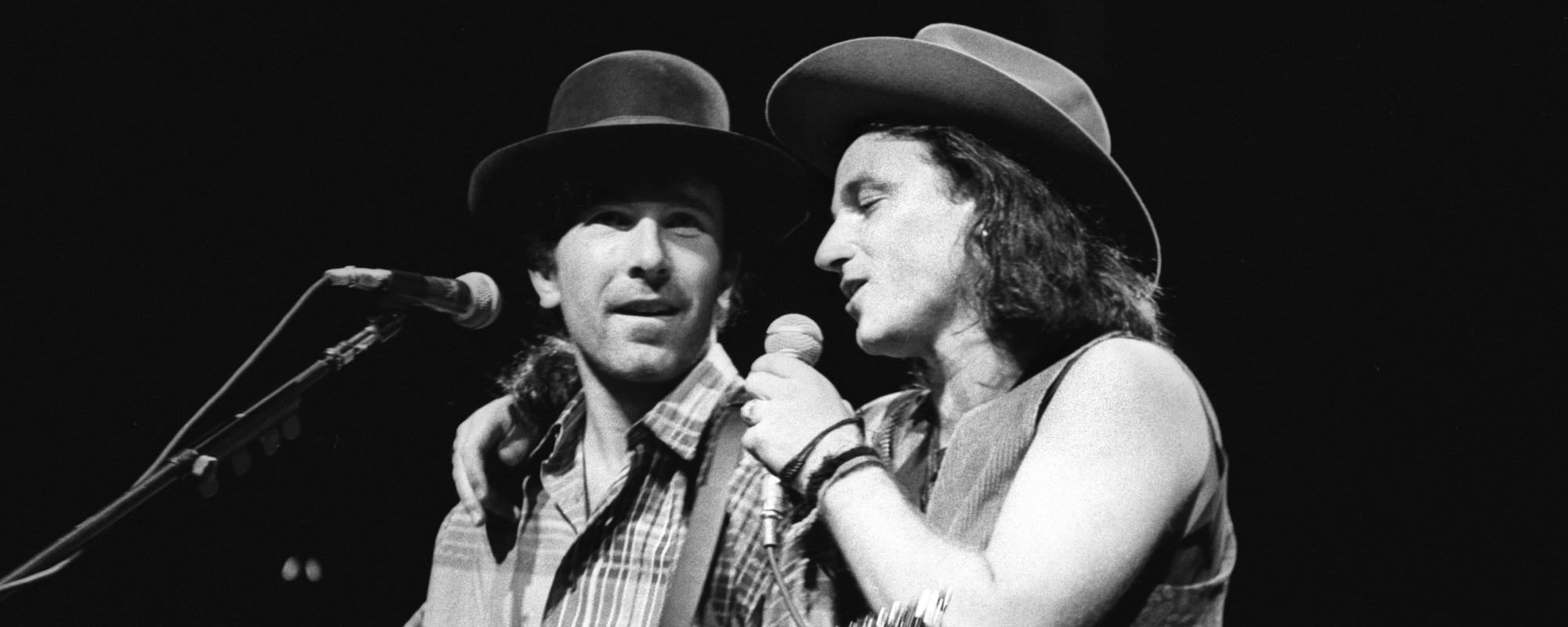





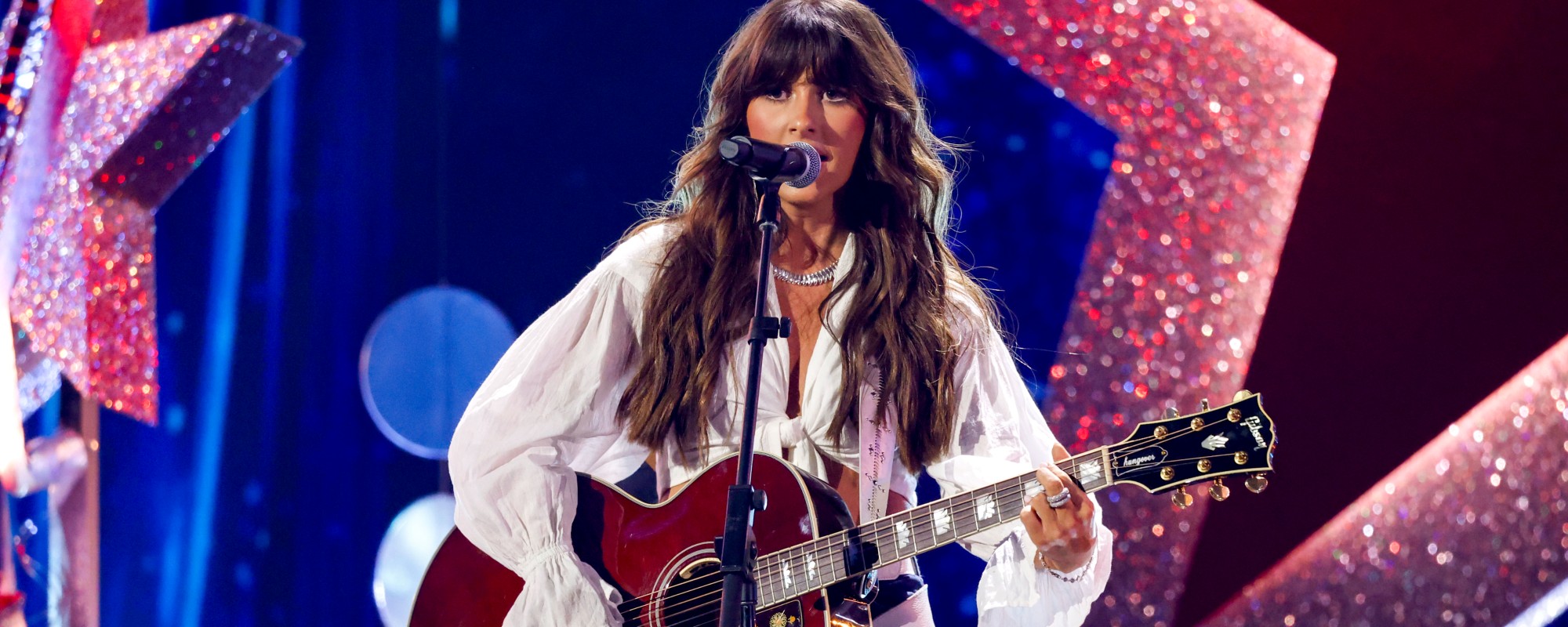
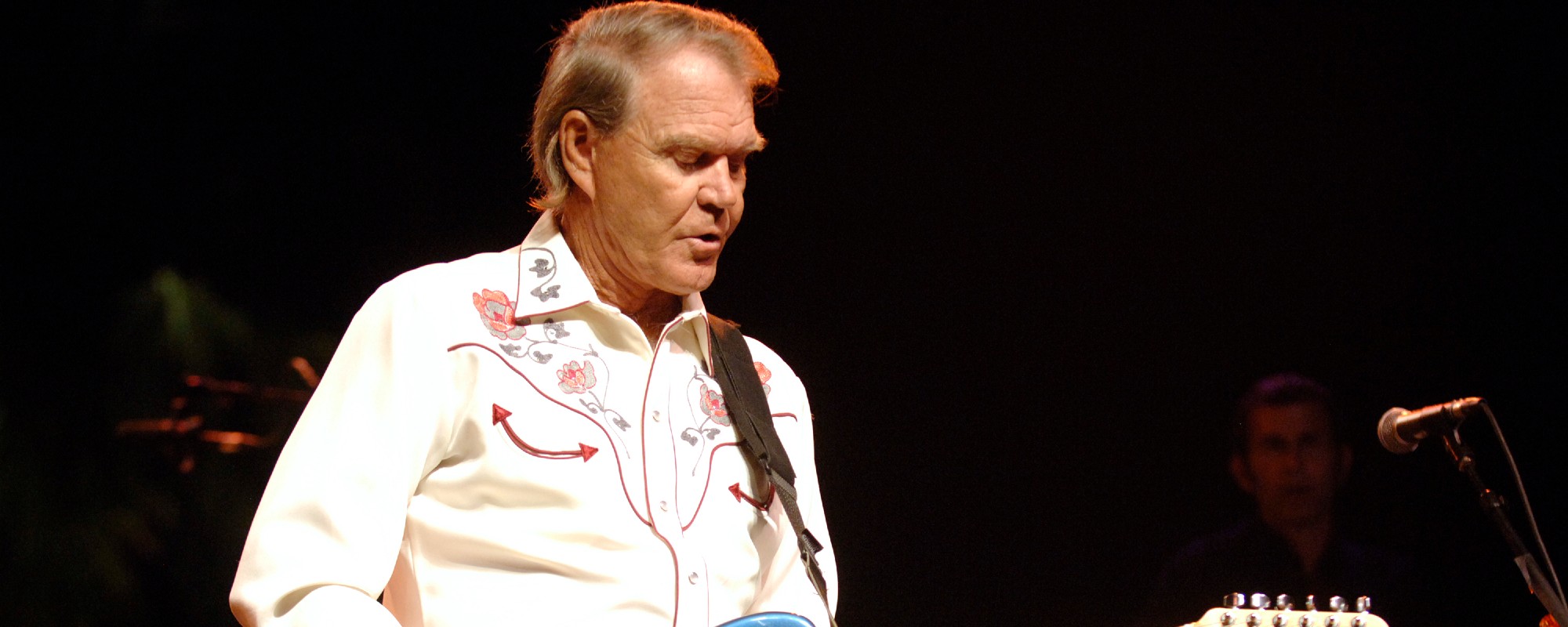
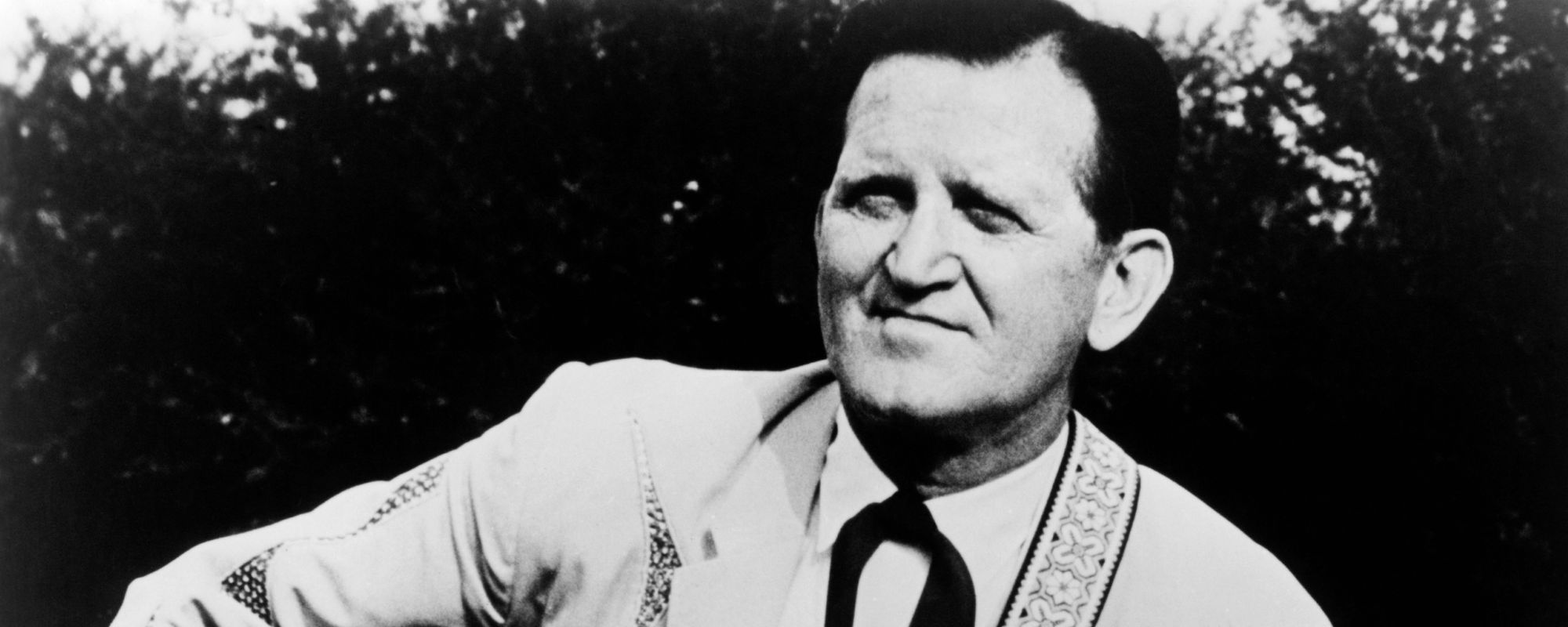
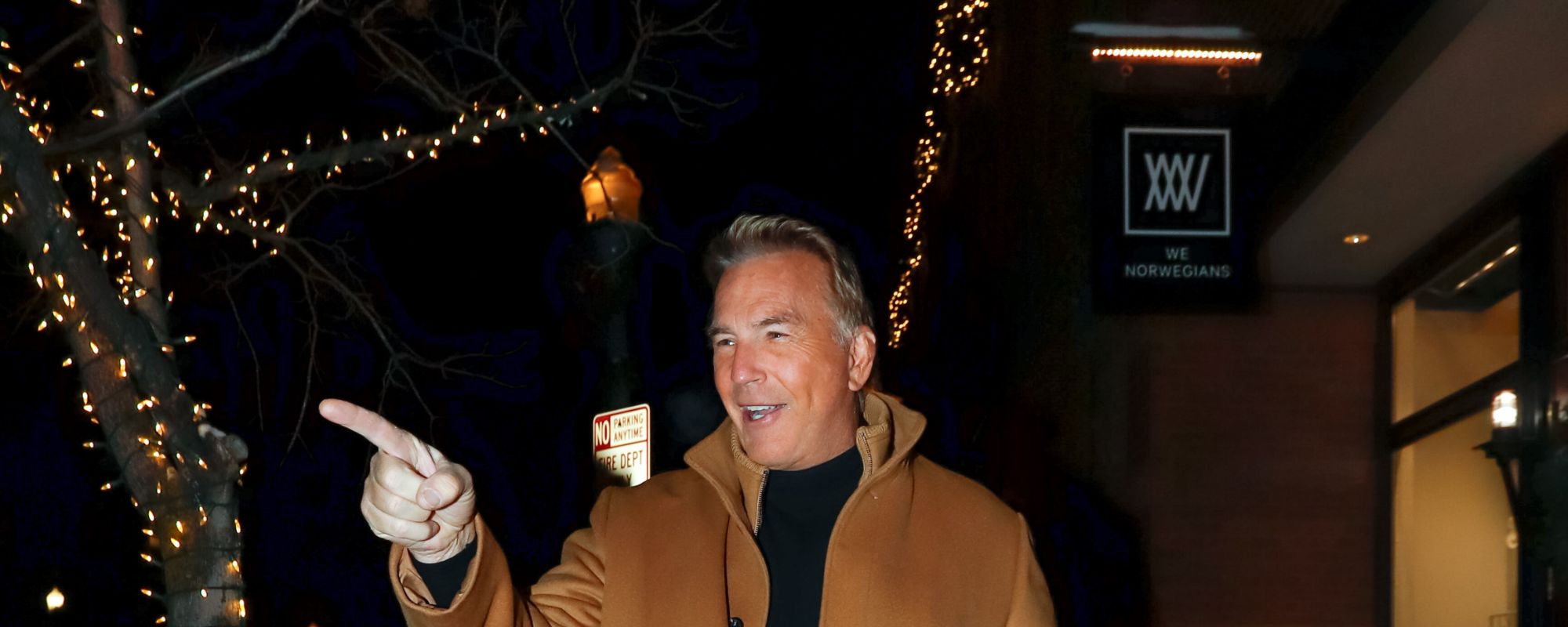
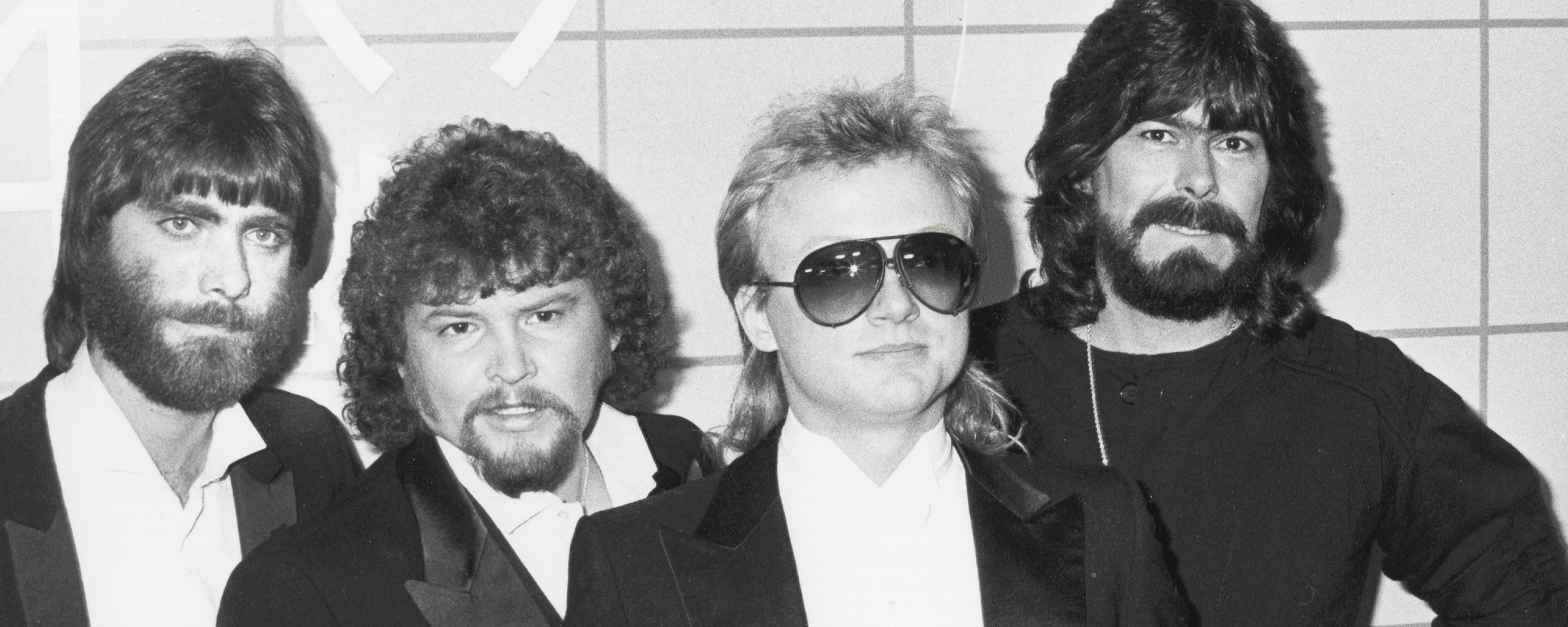
Leave a Reply
Only members can comment. Become a member. Already a member? Log in.